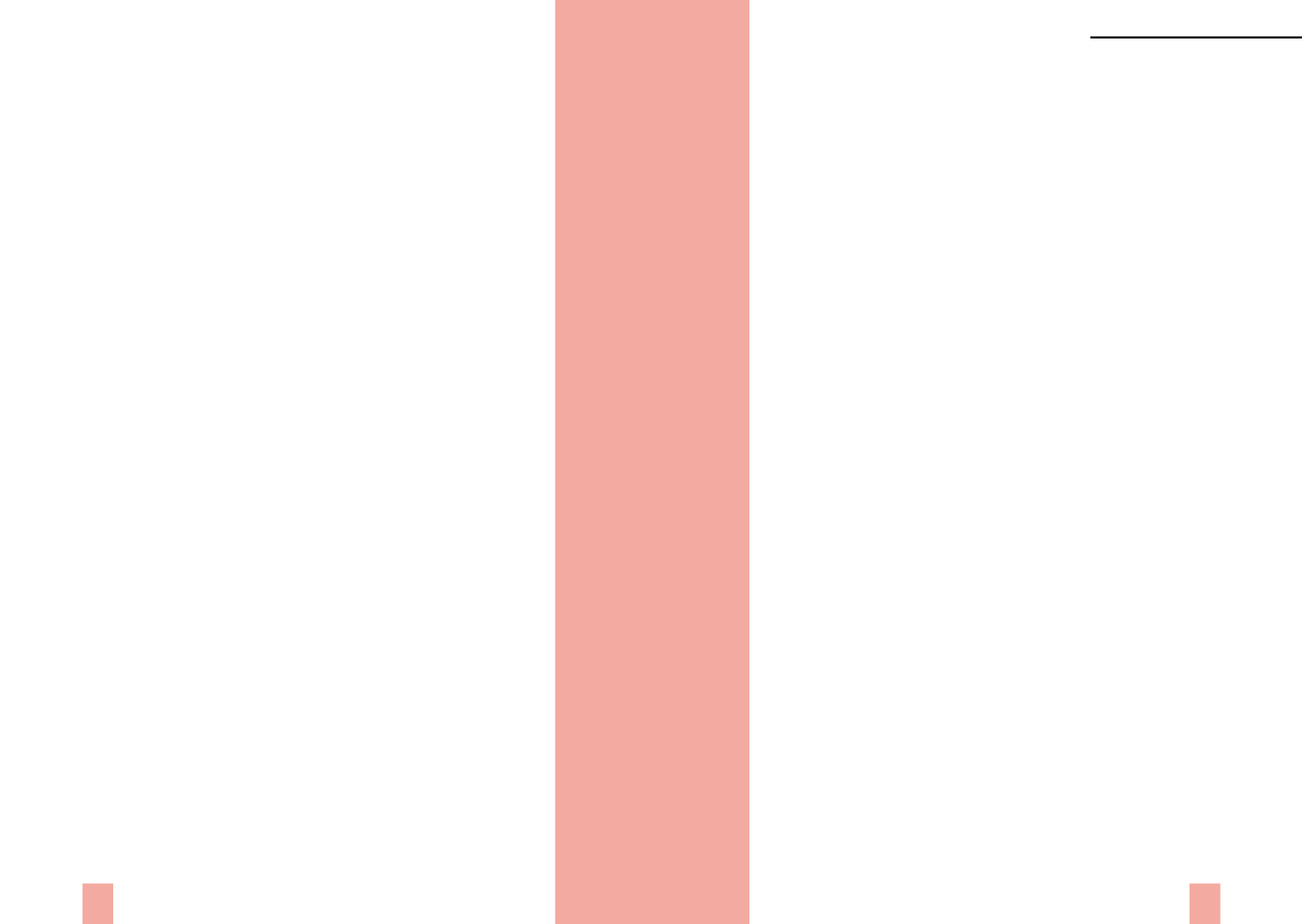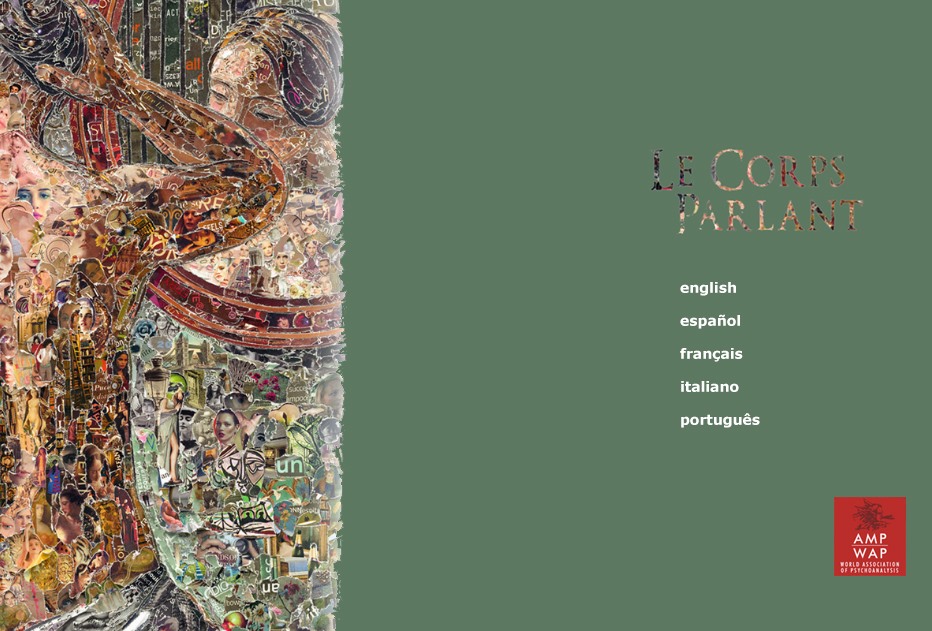

THE SPEAKING BODY
Xth Congress of the WAP,
Rio de Janeiro 2016
449
448
2.
Jacques Lacan
II /a.
Parlêtre
, Speaking–Being
II /a.1 Seminars
[S. XI]
“(…) that is why the animal will never learn to speak. At least in this way.
Because, obviously, the animal is one step behind. The experiment may cause in
him all sorts of disorders, all sorts of disturbances, but, not yet being a speaking
creature, he is not called to put in question the desire of the experimenter, who,
indeed, if one interrogated him, would be hard put to reply.”
p. 237
[S. XVII]
“Finally, we have always stressed that something defined as a loss emerges from
this trajectory. This is what the letter to be read as object
a
designates.
We have not left undesignated the point from which we extract this function of
the lost object. It’s from Freud’s discourse about the specific sense that repetition
has in the speaking being. Indeed, repetition is not about just any old effect of
memory in the biological sense. Repetition bears a certain relationship to what is
the limit of this knowledge, and which we call
jouissance
.”
p. 15
“In effect, if
jouissance
is forbidden, then it is clear that it only comes into play
by chance, an initial contingency, an accident. The living being that ticks over
normally purrs along with pleasure. If
jouissance
is unusual, and if it is ratified by
having the sanction of the unary trait and repetition, which henceforth institutes
it as a mark–if this happens, it can only originate in a very minor variation in
the sense of
jouissance
. (…)
And this is the dimension in which work, knowledge at work, becomes
necessary, insofar as, whether it knows it or not, it initially stems from the
unary trait and, in its wake, from everything that can possibly be articulated
as signifier. This is the basis on which this dimension of
jouissance
is instituted,
which is so ambiguous in the speaking being who can also theorize and make a
religion of living in apathy, and apathy is hedonism.”
p. 50
“This knowledge is a means of
jouissance
. And, I repeat, when it is at work, what
it produces is entropy. This entropy, this point of loss, is the sole point, the sole
regular point at which we have access to the nature of
jouissance
. This is what
the effect the signifier has upon the fate of the speaking being translates into,
culminates in, and is motivated by.”
p. 50-51
“This has little to do with his speaking. It has to do with structure, which gets
fitted out. The subject, who is called human, no doubt because he is only the
humus of language, has only to speechify himself to its fittings.”
p. 51
“Spelling it out seems possible to me, namely on the basis of the psychoanalytic
discourse. In effect, from the perspective of this discourse, there is only one
affect, which is, namely, the product of the speaking being’s capture in a
discourse, where this discourse determines its status as object. (…)
I mentioned that affect by which the speaking being of a discourse finds itself
determined as an object. It has to be said that this object is not nameable. If I try
to call it surplus
jouissance
, this is only a device of nomenclature.”
p. 151
“It is not a question of beings (
étant
) in the effect of language. It is only a
question of a speaking Being (
être
). At the outset we are not at the level of
beings, but at the level of Being.
(…)
The initial affect of this effect, let’s now put this in inverted commas, of ‘Being’
only appears at the level of what makes itself the cause of desire, that is to say, at
the level of what we situate, as this initial effect of the setting (
appareil
), of the
analyst–the analyst as the place that I am trying to grasp with these little letters
on the blackboard. This is where the analyst positions himself. He positions
himself as the cause of desire. This is an eminently unprecedented position, if
not a paradoxical one, one that is validated by a practice.”
p. 152
“What does experience indicate to us, in point of fact? That it is only when
this little
a
is substituted for woman that man desires her. That, inversely,
what a woman has to deal with, in so far as we are able to speak about this,
is this
jouissance
that is her own and is represented somewhere by a man’s
omnipotence, which is precisely where man, when he speaks, when he speaks as
master, discovers that he is a failure (
en défaut
).
This is where one has to start from in analytic experience –what could be called
man, that is to say the male as speaking being, disappears, vanishes through the
Jacques Lacan



















